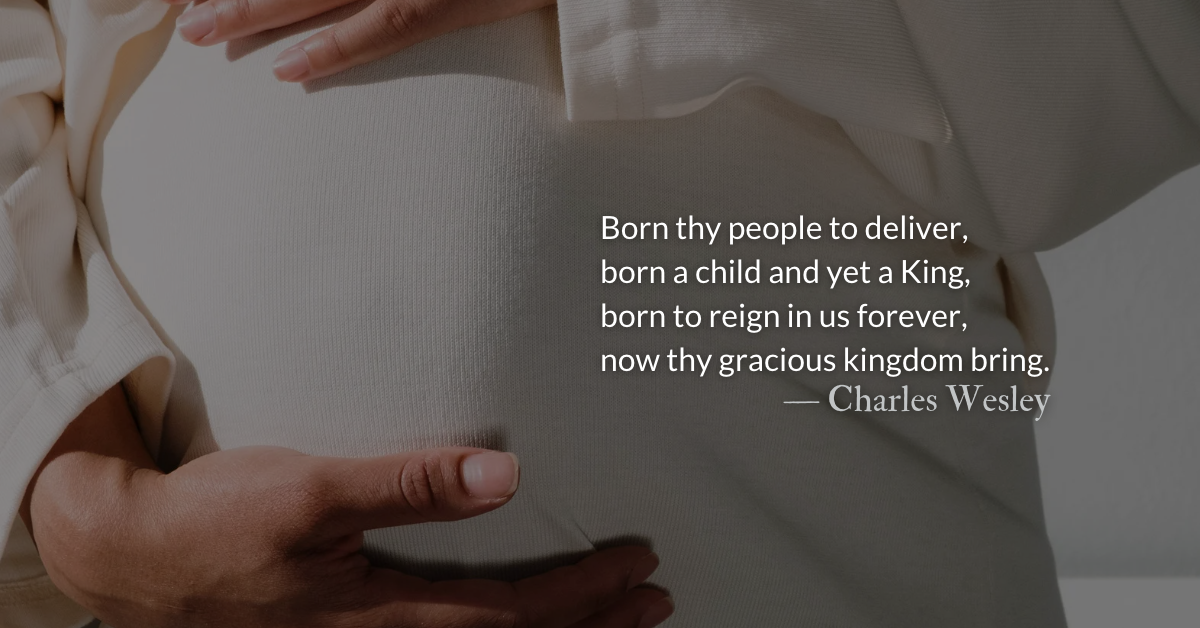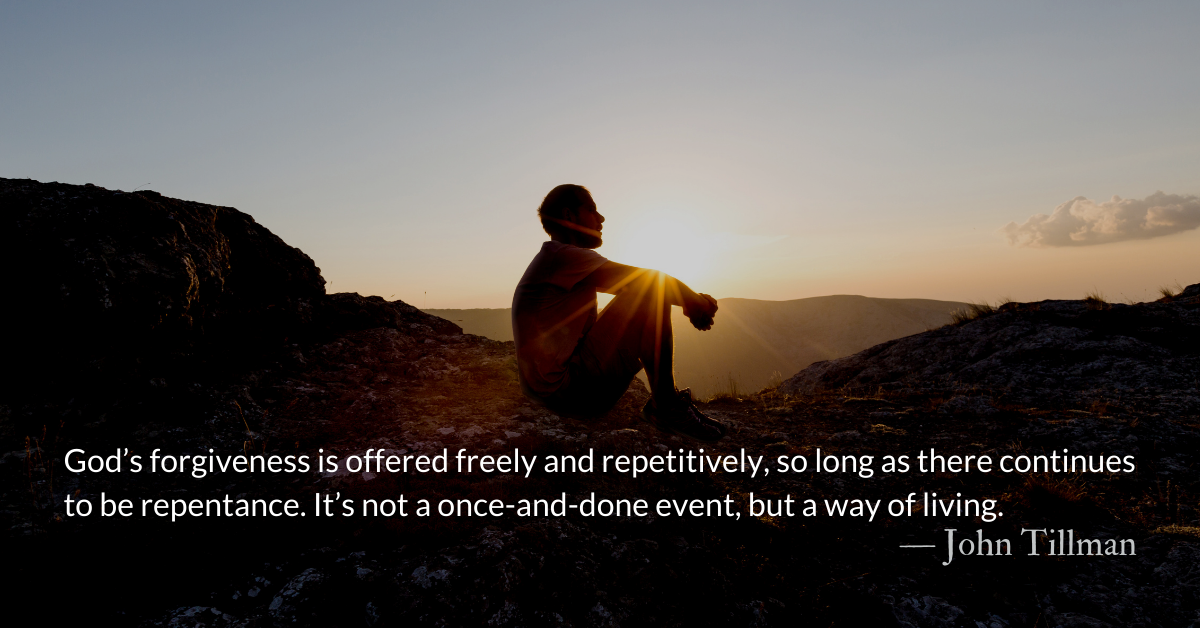Scripture Focus: Hebrews 9:14-15
14 How much more, then, will the blood of Christ, who through the eternal Spirit offered himself unblemished to God, cleanse our consciences from acts that lead to death, so that we may serve the living God!
15 For this reason Christ is the mediator of a new covenant, that those who are called may receive the promised eternal inheritance—now that he has died as a ransom to set them free from the sins committed under the first covenant.
Haggai 2:7
7 “I will shake all nations, and what is desired by all nations will come, and I will fill this house with glory,” says the Lord Almighty.
From John: Jon Polk is kicking off our Advent devotionals this year with another music-focused week on the Carols of Advent. We are always thankful for Jon’s contributions, especially so in this format. We pray your Advent season is filled with hope, love, joy, and peace as we anticipate the celebration of Christmas.
Reflection: Come, Thou Long-Expected Jesus — Carols of Advent Hope
By Jon Polk
With lyrics expressing profound longing and hope, there are few hymns more suited for the season of Advent than Charles Wesley’s “Come, Thou Long-Expected Jesus.”
Come, thou long expected Jesus,
born to set thy people free;
from our fears and sins release us,
let us find our rest in thee.
Charles Wesley, younger brother of prominent English preacher John Wesley, was a theologian in his own right and a remarkably prolific hymn writer, credited with the authorship of over 6000 songs. In 1744, “Come, Thou Long-Expected Jesus,” one of Wesley’s most enduring Christmas hymns, was first published in his Hymns for the Nativity of Our Lord, a small collection of only eighteen hymns that proved to be so popular, it was reprinted over twenty times in his lifetime.
Partially based on a previously written prayer, the lyrics were also inspired by Haggai 2:7, “what is desired by all nations will come.” Wesley was troubled by the poor living conditions of orphans in the city around him and the obvious class divisions in Great Britain at the time. The lyrics express a palpable sense of longing for deliverance, both physically and spiritually, for the oppressed. The long-awaited King of Israel would, in fact, be the hope of all the world.
Israel’s strength and consolation,
hope of all the earth thou art;
dear desire of every nation,
joy of every longing heart.
Wesley effectively utilizes the literary device of repetition to emphasize the aspects of Jesus’ mission as God’s Savior for a broken world. Each use of the word “born” adds layers to the hope we have in Jesus as our redeemer: born to set us free, born to deliver us, born as a King, and born to reign eternally.
Born thy people to deliver,
born a child and yet a King,
born to reign in us forever,
now thy gracious kingdom bring.
Absent from the hymn are references to any details of the Christ-child’s birth. No manger, angels, shepherds, or magi. Instead, the focus is on the mystery of the Incarnation, with lyrics suited for both reflecting back upon the birth of Jesus and looking ahead with hope towards his Second Coming.
By thine own eternal spirit
rule in all our hearts alone;
by thine all sufficient merit,
raise us to thy glorious throne.
Certainly, the season of Advent is a time of preparing our hearts and minds for celebrating the birth of Christ on Christmas day. More importantly, however, Advent is a time set aside on the Church calendar when we are reminded of our great hope that the child who was born a King will one day return to bring us into his gracious eternal Kingdom.
Listen: Come Thou Long Expected Jesus by Sara Groves
Read: Lyrics from Hymnary.org
Divine Hours Prayer: The Cry of the Church
Even so, come, Lord Jesus!
Today’s Readings
Daniel 11(Listen 8:13)
Hebrews 9(Listen 4:40)
Read more about Deuteronomy’s Dream for the Poor“…there need be no poor people among you…he will richly bless you if only you fully obey the Lord your God”
Read more about Supporting Our Work
We believe Christians, changed by the Bible, will change the world. Help us provide free biblical content with no ads and no agendas.










